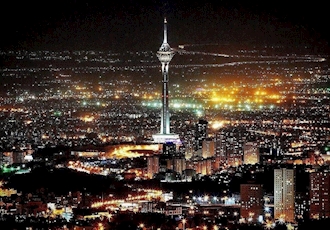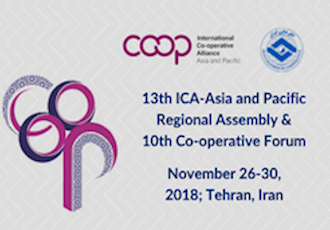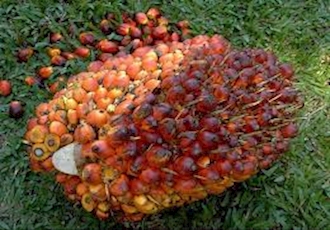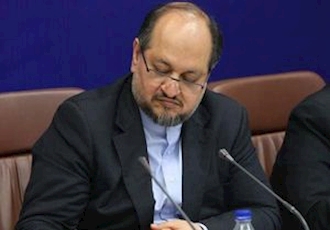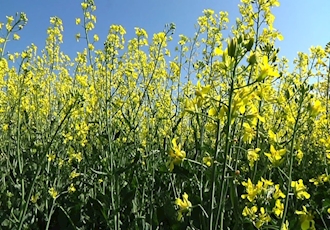Energy Exports, Focus On Agriculture
By Orkhan Jalilov November 30, 2017
Iran and Kazakhstan are planning to upgrade trade relations and boost cooperation in the agricultural sector.
“The two countries can complement each other in the field of agriculture,” Iran’s Minister of Agriculture Jihad, Mahmoud Hojjati, said in a meeting with Kazakhstan’s Deputy Prime Minister and Agriculture Minister Askar Myrzakhmetov in Tehran on November 26, according to Mehr News Agency.
“We [Iran] are an importer of barley, oilseeds, red meat and light and heavy livestock, but your country is an exporter of these products,” Hojjati told Myrzajhmetov. “On the other hand, the Islamic Republic of Iran is among the biggest producers of dairy, milk powder, eggs and poultry in the world, and it can export these products to Kazakhstan.”
According to data provided by the Customs Control Committee within Kazakhstan’s Ministry of Finance, Iran imported 28,100 tons of oilseed crops from the Caspian and Central Asian giant, or six percent of its oilseed exports, between January and September of this year. Since the beginning of 2017, Iran also imported 12,200 tons of rapeseed – the third-largest source of vegetable oil in the world – and 11,400 tons of sunflower seed supplies from Kazakhstan.
Kazakhstan will have shipped a total of 200 tons of meat to Iran by the end of 2017. Iran imports over 100,000 tons of beef and mutton, worth $400 million per year. Since the beginning of the year, about 118 tons of live sheep and 132 tons of lamb meat, worth around $860,000, have been exported by Kazakhstan to Iran.
Hojjati and Myrzakhmetov’s meeting follows a meeting between Myrzakhmetov and Iran’s Minister of Industry, Mine and Trade Mohammad Shariatmadari on November 25. There Myrzakhmetov pushed for the lifting of restrictions Iran had slapped on Kazakhstani wheat, and for Iran to abolish policies that tax shipping companies operating on the Caspian Sea’s waters, in order to create a level playing field. The two also discussed ways to attract more investment, and speeding up the approval process for several types of animal products imported into Iran. The Iranian side expressed its readiness to waive visas for commercial purposes.
Trade turnover between Iran and Kazakhstan during the first half of 2017 stood at $273,891 million, most of that amount due to Kazakhstani exports. Trade turnover has been declining in recent years: in 2014, the figure was $986.345 million and in 2016 it was $596.242 million, according to Kazakhstan’s statistics committee.
Kazakhstan’s total agricultural and processed products exports stood at $1.3 billion between January and August, highlighting that its trade with Iran is somewhere around 20 percent.
Source: Caspean News
Translated by the International Department of FARDA


